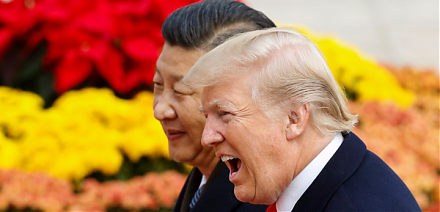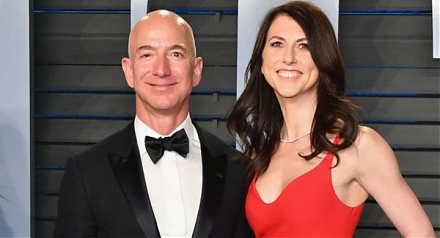

2019-05-23 10:33:00 Thu ET
treasury deficit debt employment inflation interest rate macrofinance fiscal stimulus economic growth fiscal budget public finance treasury bond treasury yield sovereign debt sovereign wealth fund tax cuts government expenditures
Berkeley professor and economist Barry Eichengreen reconciles the nominal and real interest rates to argue in favor of greater fiscal deficits. French economist and author Thomas Piketty advocates that there is an innate tendency toward wealth concentration in most market economies where the nominal interest rate on capital investments well exceeds the economic growth rate. Former IMF chief economist Olivier Blanchard argues that the real interest rate on risk-free government bonds must be lower than the economic growth rate for most market economies to carry greater government debt with low inflation. Blanchard focuses on the real interest rate on low-risk government bonds, whereas, Piketty focuses on the nominal return on risky capital investments.
These interest rates diverge by a 5%-6% equity risk premium, which reflects how risk-averse the typical stock market investor is through the real business cycle. For Piketty, high wealth concentration can result from a large equity risk premium that calls for higher taxes on the rich. For Blanchard, the government can accumulate higher public debt as core CPI inflation remains moderate over time. On balance, Eichengreen supports greater fiscal deficit finance for health care, infrastructure, R&D, and social security as prices and asset premiums stabilize in recent times.
If any of our AYA Analytica financial health memos (FHM), blog posts, ebooks, newsletters, and notifications etc, or any other form of online content curation, involves potential copyright concerns, please feel free to contact us at service@ayafintech.network so that we can remove relevant content in response to any such request within a reasonable time frame.
2025-09-28 10:10:51 Sunday ET

Stock Synopsis: With a new Python program, we use, adapt, apply, and leverage each of the mainstream Gemini Gen AI models to conduct this comprehensive fund
2019-07-01 12:35:00 Monday ET

Apple releases the new iOS 13 smartphone features. These features include Dark Mode, Audio Share, Memoji, better privacy protection, smart photo collection,
2019-05-02 13:30:00 Thursday ET

Netflix has an unsustainable business model in the meantime. Netflix maintains a small premium membership fee of $9-$14 per month for its unique collection
2018-09-19 12:38:00 Wednesday ET

The Trump administration imposes 10% tariffs on $200 billion Chinese imports and expects to raise these tariffs to 25% additional duties toward the end of t
2018-01-03 08:38:00 Wednesday ET

President Trump targets Amazon in his call for U.S. Postal Service to charge high delivery prices on the ecommerce giant. Trump picks another fight with an
2023-03-07 11:29:00 Tuesday ET

Former Bank of England Governor Mervyn King provides his deep substantive analysis of the Global Financial Crisis of 2008-2009. Mervyn King (2017) &nb